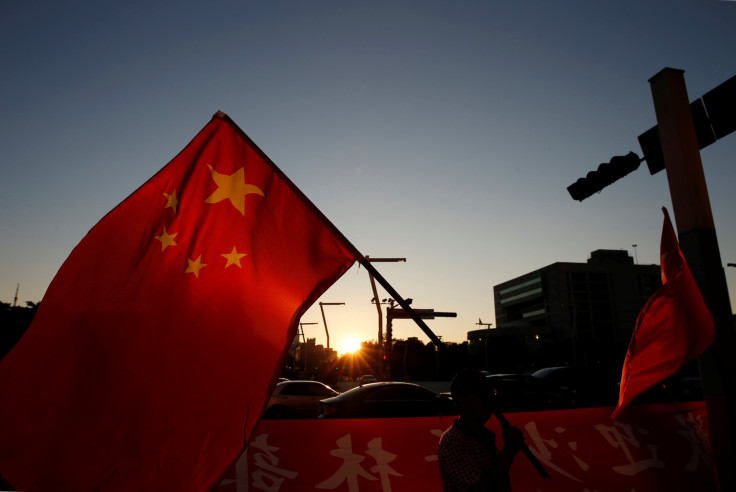Chinese Professor Convicted for Economic Espionage in the US, Tried to Steal Secrets For PLA

KEY POINTS
- Zhang Hao was charged with stealing intellectual property
- His lawyers claimed his work was to advance scientific knowledge
- Another Chinese researcher with ties to the PLA was arrested earlier this month.
One of the rare things that all U.S. presidents past and present can agree on is that selling stolen trade secrets to a country whose government is unfriendly toward the U.S. deserves harsh consequences. On Friday, in a San Jose, California courtroom, even the COVID-19 pandemic could not stop the announcement of a guilty verdict against Chinese professor Zhang Hao for stealing trade secrets and economic espionage.
Hao was arrested in 2015 when he flew to Los Angeles for a conference. His accomplice was a colleague from the University of Southern California. They used a shell company in the Cayman Islands to steal and sell American secrets to the Chinese government and its military, the People’s Liberation Army (PLA).
According to the court filing, Zhang faces up to 15 years in prison for economic espionage and 10 years for theft of trade secrets. The case is an example of the aggressive U.S. crackdown on Chinese theft of intellectual property under the Trump administration that is a rare carryover from former President Barack Obama, Trump’s predecessor. The focus of the crackdown has been Chinese scientists and engineers involved in research in the U.S.
A 2015 article from the South China Morning Post reported on remarks Zhang Hao made to the Chinese state-run Global Times:
- Hao said at that time that he and six other Chinese nationals charged by the U.S. government in May 2015 faced discrimination and “absurd” suspicions from the government that they are stealing technologies.
- He claimed that the U.S. government had unfairly accused him and the other Chinese nationals who work or attend college in the U.S.
- He was quoted, “At this time, the US government holds a pervasive, unfair view of ethnic Chinese academics and engineers, always looking at us with the attitude of ‘guarding against thieves’.”
- Another quote from the article was, “They believe that coming to the US to study abroad or engage in scientific research is tantamount to wanting to steal U.S. technology. This is absurd.”
Zhang’s lawyers chose to use a defense tactic that legal experts described as a “damage control” defense. They argued before U.S. District Judge Edward Davila instead of a jury that the professor's work at Tianjin University (TJU), a premier technical school in China, was to advance scientific knowledge and not for the benefit of the Chinese state and the military.
The lawyers also focused on defending against the more serious espionage charges instead of the trade-secret theft allegations. The pilfered technology in this case is a method to filter out unwanted signals in mobile phones and other devices, which has become more difficult as wireless products have proliferated worldwide.
The verdict Friday is another shim in the wedge splitting the world’s two biggest economies. The other issues include China’s handling of the coronavirus, its move to enact legislation restricting Hong Kong, its treatment of ethnic minorities in Xinjiang province and its aggressive actions in the South China Sea.
The Pentagon has published a list of 20 Chinese companies that are owned or controlled by China’s military. The Aug. 31 sentencing date for Zhang Hao may be the beginning of more to follow as investigations continue.
Earlier this month, another Chinese researcher with ties to the PLA was arrested for visa fraud after he attempted to leave the Los Angeles International Airport for Tianjin, China.
© Copyright IBTimes 2025. All rights reserved.





















